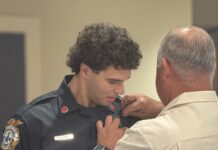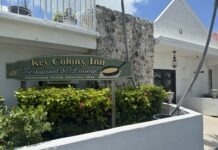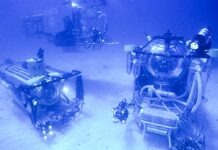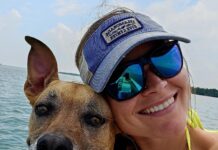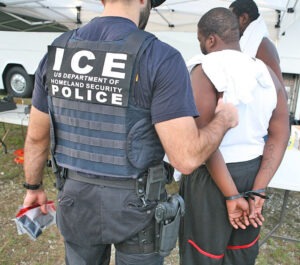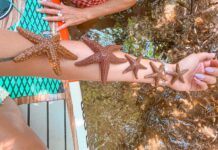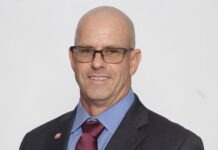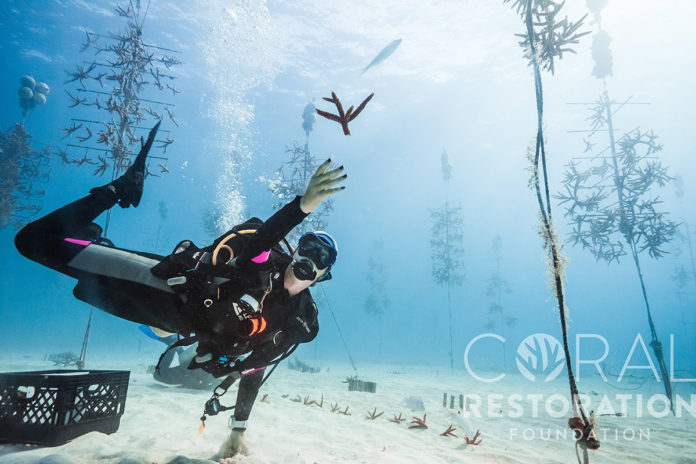
Coral reefs are in serious trouble.
Around the world, reefs are under pressure from a host of stressors including global warming, pollution, and disease events. Some of the most threatened coral reefs in the world can be found off the Florida coast. Given that this marine ecosystem underpins a multibillion-dollar industry in Florida, protecting, preserving and restoring these coral reefs is of paramount importance.
Organizations at home and abroad are working on the problem – identifying threats, advocating for conservation measures, and more recently, actively restoring degraded coral reefs. Now, two groups are teaming up to establish a new “coral ark” for critically endangered coral species, a place where genetically diverse corals will be homed to protect their important genetic diversity.
For many years, students and researchers at Nova Southeastern University’s (NSU) Halmos College of Arts and Sciences have been at the forefront of coral reef research efforts. They are now teaming up with Coral Restoration Foundation (CRF) to take their work to the next level.
Together, CRF and NSU will be expanding the existing NSU coral nursery by nearly 20 “coral trees” – a technology developed by Coral Restoration Foundation. These new coral trees will be home to around 180 unique genotypes of staghorn and elkhorn coral, which will eventually contribute to the restoration of local reefs in Broward County. This new CRF-NSU nursery will be established alongside the current NSU offshore nursery and will provide NSU researchers and students with increasing opportunities for field studies and experiential learning experiences.
“Coral nurseries are one of our most important resources for promoting coral reef conservation and restoration, and NSU and CRF have a long and successful history of managing nurseries and supporting coral reef restoration,” said David Gilliam, a researcher and professor at NSU. “Both institutions have been working together for years, and now it is really exciting to be able to officially partner together with the establishment of CRF-NSU nursery offshore Broward County.”
Jessica Levy, head of the restoration program at Coral Restoration Foundation, explained why this project is so important for reef restoration efforts.
She said, “Genetic diversity is a critical aspect of ecosystem restoration – diversity builds resilience. We are currently banking more than 320 genotypes across 11 species in our Tavernier coral tree nursery, many of which are no longer found in the wild. It is vital that we build redundancy into the system.”
The expanded NSU coral nursery will act as that “redundancy” safeguard for these critical coral species.
Levy explained, saying “If the (main CRF) Tavernier nursery were to take a direct hit from a major storm, we would risk losing some of these precious corals. Having a second genetic bank up in Broward means that we can safeguard these genotypes and guarantee that we can continue replenishing our reefs with genetically diverse corals for years to come.”




